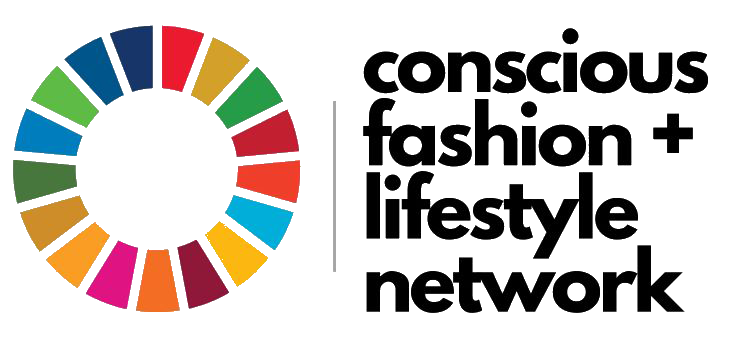World Environment Day – your home is bigger thank you think it is
I am quite the homebody and I love watching home renovation shows and being in my garden but when I step outside my front door, I also appreciate that my surroundings is the home that we all live in. The environment is our shared home and we need to care for it in the same way that we care for our homes.
It is easy to forget just how much the natural systems support our own well-being. Not just our mental well-being, by spending time outside in the fresh air, but also, more fundamentally, we are part of nature, and we depend on it. I have long understood the need to care for the whole environment as we are faced with climate change and dangerous biodiversity loss which risks not just the environment but also our own health. However, we as humans, tend to overlook all the fauna and flora that are sharing the environment with us. Without plants, insects, domestic, farmed or wild animals we won’t survive.
The environment is becoming increasingly polluted with contaminants and toxins which have a harmful impact on our wellbeing, causing respiratory diseases and cancer. Shockingly, an estimated 7 million people die each year from causes related to air pollution, with a majority occurring in the Asia-Pacific region. If our homes were at risk of air pollution, we would take action – so we need to think the same way about the environment. It’s all about changing the mindset as to what the environment means to us and our shared health.

This year marks the 50th anniversary of the United Nation’s World Environment Day which encourages worldwide activism. I am thrilled that the UN is calling all nations to take action on this annual day of celebration, but we need to think beyond one day and what we need to do now to ensure long term sustainable change. We can’t wait for policy change by politicians and governments. We need to take our own action. As consumers we have the power to demand change and we too can make changes to our day-to-day lives – no matter how small – through compassionate living.
Importantly, the next generation also need to learn what is meant by the term ‘environment’ and how there are no quick fixes to solve the current damage we are wreaking on our planet. Have you ever thought how to explain to the word ‘environment’ to a primary school child? It can indeed be tricky to explain such a big and abstract word – which contains such profound meaning – to young children.
That’s why ACTAsia’s Caring for Life (CFL) education for children addresses the environment in its lesson plans exploring the web of life, sentient beings and how our choices may positively or negatively influence the environment. Humane education, which is often referred to as PSHE (Personal, Social, Health and Economic) in the UK, is widely taught in the west but is not taught in Asian schools which is why ACTAsia created our award-winning CFL education. Without these lessons, children are not taught vital life skills such as empathy, compassion, the importance of protecting animals and the environment and how all living creatures are interconnected.

ACTAsia’s CFL programme aims to help Asian children, aged between 6 and 12 years old. Taught over six years and based on UNESCO’s Four Pillars of Education, the programme teaches Asian children that all living things are interdependent and that the concept of One Health only comes from caring for all. The lessons are interactive and involve role play and collaborative learning. In this way we aspire to create a new generation of critical thinkers who will be inspired to take positive actions which will in turn will have a positive impact on the environment. For example, in one our second-year lesson plans, we use the story of a girl, Kiki, who is looking for the ‘environment’ in her surroundings. She searches everywhere for the ‘environment’ – is it under her bed, is it a tree, is it water? Through the eyes of Kiki’s search, children can identify that the ‘environment’ is everything that surrounds us, including air, water, land, plants and man-made elements.
This year marks the 50th anniversary of the UN’s World Environment Day, which will focus on solutions to plastic pollution – something that we are very passionate about at ACTAsia.
More than 400 million tonnes of plastic is produced every year worldwide, half of which is designed to be used only once. Of that, less than 10 per cent is recycled. An estimated 19-23 million tonnes end up in lakes, rivers and seas annually. Microplastics – tiny plastic particles up to 5mm in diameter – find their way into food, water and air. It is estimated that each person on the planet consumes more than 50,000 plastic particles per year – and many more if inhalation is considered. Discarded or burnt single-use plastic harms human health and biodiversity and pollutes every ecosystem from mountain tops to the ocean floor.
ACTAsia has been raising awareness surrounding plastic consumption through our CFL education and more specifically on Earth Day which is globally recognised on 22 April.

ACTAsia highlighted the issue of microplastics on Earth Day last year with the screening of the film Microplastic Madness in schools all around China. I was thrilled to be part of this incredible project in which we collaborated with the film maker and environmental education organisation, Cafeteria Culture. The film is a fantastic conduit in educating children and consumers that their daily practice of buying and using large quantities of plastics has such a detrimental impact on the health of people, animals and the environment. We are asking children, and the next generation, to change the narrative.
Our physical environment is fragile and indispensable. It is only by changing our shared vision, and by recognising our coexistence with plants and animals within the environment, that we will be able to effect long term change. I encourage everyone to think that every time you step outside you are entering our shared home – our shared environment – and it is our joint duty to care for it as we would our own homes.
Please join us to create long term change so we can continue to promote critical thinking and empathy for the next generation. Please sign up to join us or donate to support our work.
![ACTAsia [logo]](https://www.actasia.org/wp-content/themes/ACTAsia-2022-theme/assets/img/actasia-en-colour.svg)



